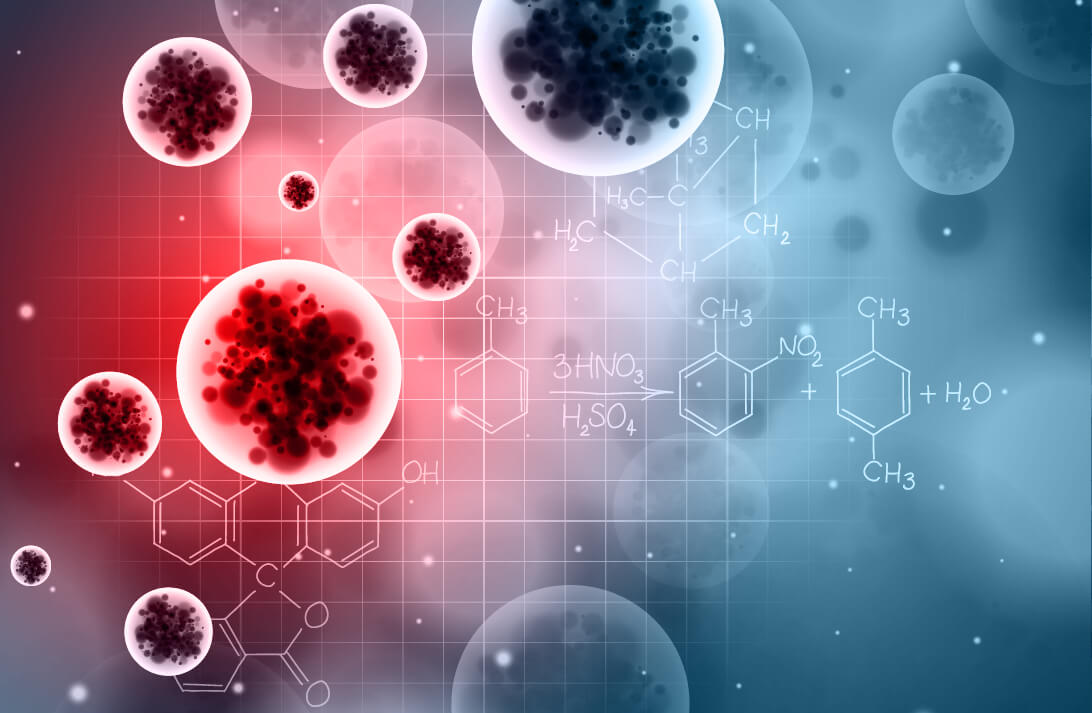


COVID Pandemic: God’s Fault or Ours?
April 16, 2020
Bringing Hope to the COVID–19 Days Ahead
April 9, 2020
Helpful Information in Understanding SARS-CoV-2 and COVID-19
March 20, 2020
Coronavirus Outbreak: Do I Need to Worry?
February 13, 2020
Mosaic Eve: Mother of All (Part 2)
January 23, 2020
Mosaic Eve: Mother of All (Part 1)
January 16, 2020
How Can Christians Disagree over Adam and Eve?
December 19, 2019
Leaning in with Hope
November 7, 2019
A Measles-Free Future
October 24, 2019
Creating HIV-Resistant Humans: What Could Go Wrong?
October 10, 2019


